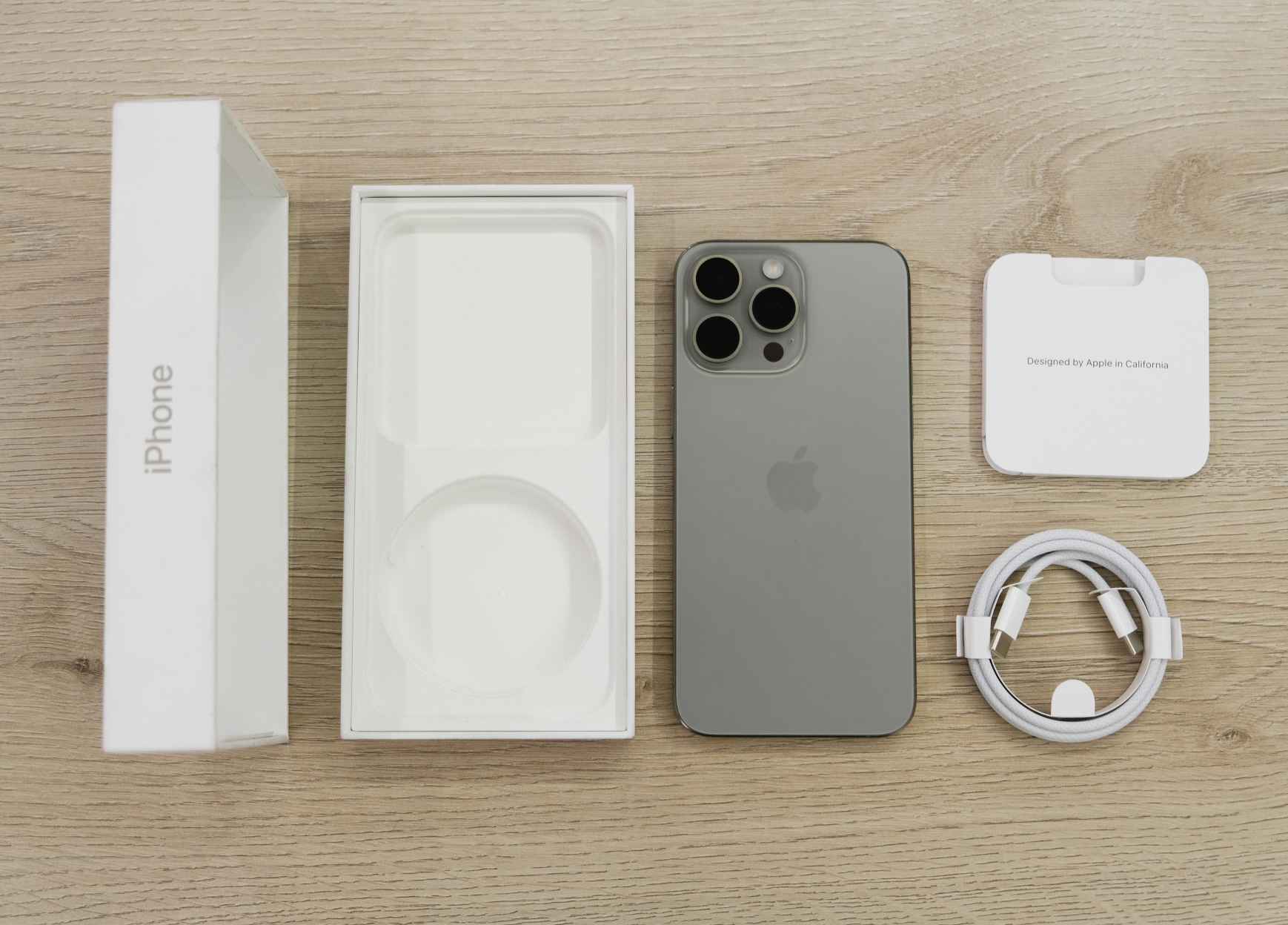Apple, known for its innovative approach, might be on the verge of a significant change for its iPhones. The integration of USB-C, a universal charging and data transfer solution, could be on the horizon.

This move, if it happens, could bring several benefits and impacts to iPhone users and the technology market as a whole.
Universal Charging: A Game Changer for Users
One of the most noticeable impacts would be the shift to a more universal charging method. USB-C is already used by many devices, including Android phones, laptops, and tablets. This means iPhone users wouldn’t need a different charger for each device. It simplifies things a lot. Imagine not having to carry multiple chargers or look for a specific one. With USB-C, one charger fits all.
Also Read: Download Apple iPhone 15 Pro USB Driver
Faster Charging and Data Transfer
USB-C is not just about convenience; it’s also about speed. This technology can charge devices faster and transfer data quicker than the current Lightning connector. For instance, if you need to transfer photos or videos to your laptop, USB-C could do it in a snap. It’s like upgrading from a bicycle to a sports car faster and more efficient.
Impact on Accessory Market
Switching to USB-C would also shake up the accessory market. Think about all those Lightning accessories, chargers, docks, car adapters. They would become less needed. While this could be a downside for some, it also opens up a world of new accessory possibilities. More universal accessories could be used across different devices.
Environmental Benefits: A Greener Future with USB-C
Shifting to USB-C could have a positive impact on the environment. This change could lead to a significant reduction in electronic waste. When different devices use the same type of charger, fewer chargers are produced, and fewer are thrown away. This not only helps in decluttering our homes but also benefits the planet.
Fewer discarded chargers mean less electronic waste ending up in landfills, reducing environmental pollution.
This move towards a universal charging standard is a step towards a more sustainable and eco-friendly tech industry. It reflects a growing awareness of the need to preserve our planet for future generations. By adopting USB-C, Apple would be contributing to a greener future, where technological advancement and environmental responsibility go hand in hand.
Adapting to a New Standard: Embracing Change for the Better
Adopting USB-C across all Apple devices might require some adjustments from users, especially those who have invested in multiple Lightning accessories. Initially, this transition might seem inconvenient or even frustrating. However, the long-term benefits are likely to outweigh these short-term challenges. It’s similar to learning a new game on https://20bet.com/ it might seem daunting at first, but as you get accustomed to it, you begin to appreciate its advantages.
Gradually, users would realize the convenience of having a single, more efficient, and faster charger for all their devices. This change would encourage a more streamlined and less cluttered tech environment.
Furthermore, as more tech companies adopt universal standards like USB-C, users would benefit from increased compatibility between different brands and devices, fostering a more interconnected and user-friendly tech ecosystem.
Embracing this change, despite the initial hurdles, can lead to a more convenient and interconnected technological experience.
Bringing iPhones in Line with Other Apple Products
Interestingly, Apple has already adopted USB-C in many of its other products, like the MacBook and iPad. So, integrating USB-C into iPhones would bring consistency across Apple’s product line. It would be easier for users to connect their Apple devices with each other and with non-Apple devices.
Also Read: Download Apple iPhone 15 USB Driver
Conclusion: Embracing Change for the Better
Apple’s potential move to integrate USB-C in the iPhone could be a major step forward. It promises convenience, speed, and environmental benefits. While it may require some adjustments initially, the shift would likely be a positive development for iPhone users and the tech world in general. As with all technological progress, adaptation and flexibility are key.
If Apple does make this move, it could mark the beginning of a more unified, efficient era of connectivity.